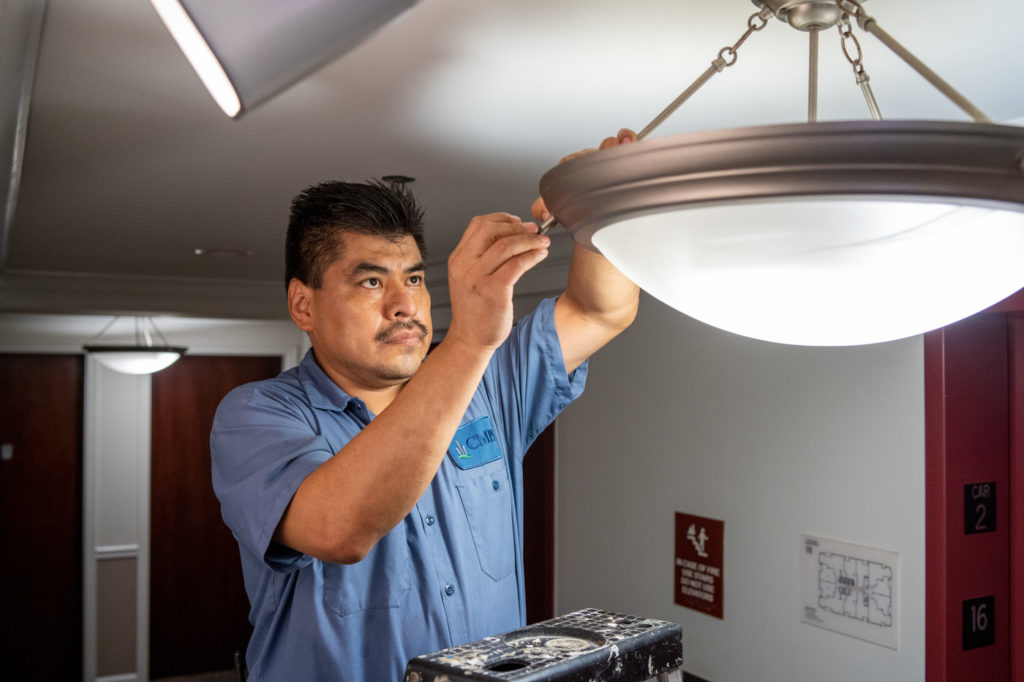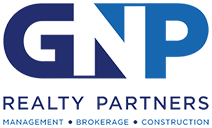With mortgage interest rates rising and rental properties commanding higher rents, some property owners are tempted to become landlords. Money earned from rental properties can offset mortgage costs or provide extra income during these inflationary times. Before diving into the rental market, consider these unexpected and often overlooked rental property maintenance expenses to help plan your budget.
Want to learn more about Property Maintenance?
Request Information | or Call Us at 312-329-8400
Unexpected rental property maintenance costs
- Appliance maintenance. No appliance lasts forever. Assess appliances for age, condition and usage (number of tenants). While most don’t require annual inspections, regular care, such as dryer vent cleaning, can extend the life of major home appliances. Calculate costs for repair versus replacement. Consider age, warranties, removal costs and the benefit of a new appliance.
- Emergency maintenance. As a landlord, you are responsible for providing your tenant with a safe and comfortable living environment. This means addressing a burst pipe or broken HVAC system as quickly as possible. Review your local landlord-tenant laws, so you know your responsibilities. Emergency repairs are seldom cheap, so plan your budget accordingly.
- Destructive Tenants. Bad tenants can be very costly. The goal should be to avoid renting to bad tenants (a rental property management company can help screen for undesirable tenants). Still, unforeseen problems can arise, including destruction to your property, resulting in repair costs and lost income associated with a delay in your ability to re-lease the property to a new tenant.
Commonly overlooked maintenance expenses for rental properties
- Pre-lease maintenance. Before leasing to a new tenant, you may need to paint, replace carpeting, make minor repairs, and have the property professionally cleaned.
- Seasonal maintenance. Unless you’re ready to pick up a shovel, snow removal can be a costly expense in the Chicago area because everyone wants it done at the same time. Group snow removal with a year-round lawn maintenance and landscaping contract to lower your cost. Other seasonal expenses include gutter cleaning, tree pruning, leaf collection and HVAC inspections.
- Ground cleaning and maintenance. Some grounds cleaning and maintenance can be included in the lease as the tenant’s responsibility—primarily for single-family properties. Multi-family properties that share common space are typically the landlord’s responsibility. Common areas must be kept clean and safe, and don’t forget “curb appeal,” e.g., window washing and screen repair, power washing exterior surfaces, touch-ups to painted surfaces, etc. Such efforts will keep your tenant happy, support periodic rent increases and generate interest from prospective tenants.
- Pest control. There is no bigger turn-off to a prospective tenant than seeing small furry or many-legged creatures scuttle across the floor. Regular pest control service helps avoid costs associated with remediating an infestation and possibly having to pay to relocate a tenant during treatment.
Additional expenses for landlords
Property maintenance costs are likely your most significant expense as a landlord, but they are not the only one. Keep the following additional residential leasing expenses in mind to help ensure a successful and profitable landlord experience.
- Marketing & Advertising. Even in today’s hot rental market, you may incur costs associated with marketing your available properties. Research from Google and Apartments.com found that 72% of renters start their search online. Other options include classified ads or a leasing service.
- Property Taxes and Insurance. While property taxes may be top of mind, the insurance required for a rental property differs significantly from an owner-occupied home. Landlords are exposed to different risks than homeowners, including liability for injury to tenants and guests.
- Accounting Fees. Rental property accounting is more than collecting rents and recording expenses. You also need to manage tenant deposits, late fees and other property-specific fees, e.g., parking, utilities and HOA fees. Plan for how you will handle expenses resulting from tenant actions, e.g., damages to the property. Software designed specifically for rental property management is available to help keep you organized, save time and prepare for tax filing.
- Legal Fees. Consider possible legal fees associated with tenant disputes involving nonpayment of rent, lease violations and resulting evictions. Landlords and tenants both have rights, but they vary significantly by state. For example, Illinois does not explicitly outline the amenities that landlords are responsible for, as do most states. Instead, Illinois landlords are generally responsible for ensuring units are “habitable and fit for living.” Talk with a landlord-tenant attorney to understand the fees associated with legal assistance.
- Vacancies. Many new landlords overlook the cost of a vacancy. Even a highly sought-after property will have some vacancy associated with tenant turnover. Plan for that loss of income in your budget. Calculating one month per year of lost rent is a good practice.
Pick a rule to ensure sufficient funds

To avoid the challenge of anticipating every possible expense associated with being a landlord, consider using one of the following three formulas (or “rules”) for estimating total annual property maintenance costs. The first and probably simplest one is the 50% rule, whereby you set aside half the monthly rental income to cover maintenance and repair costs. If you receive $1,800 a month, earmark $900 for maintenance and repair.
Alternatively, some landlords follow the 1% rule—estimating the total value of the property/unit and budgeting 1% of that cost for maintenance. For example, if a rental unit is valued at $200,000, set aside $2,000 yearly for maintenance.
Lastly, you can use the square footage rule, based on $1 per square foot of the property. A 1,500-square-foot unit calls for budgeting $1,500 for maintenance and repair.
As with all rules, there are exceptions, so remember these produce estimates only. In a good year, you might see no expenses beyond planned and fixed costs, but a new water heater, roof damage or other capital expenditure can significantly hurt your bottom line. While the approaches differ, the singular goal is to ensure you have sufficient funds for routine maintenance and unforeseen problems. First-time landlords may want to add a little cushion to minimize any financial surprises.
GNP Realty Partners has extensive experience in residential property management and takes the burden of managing the minutia off your plate, including ongoing maintenance and repair. We also assess properties for preventative maintenance to minimize emergency repairs, which are typically more costly. Contact a member of our team to discuss how we might assist you.







